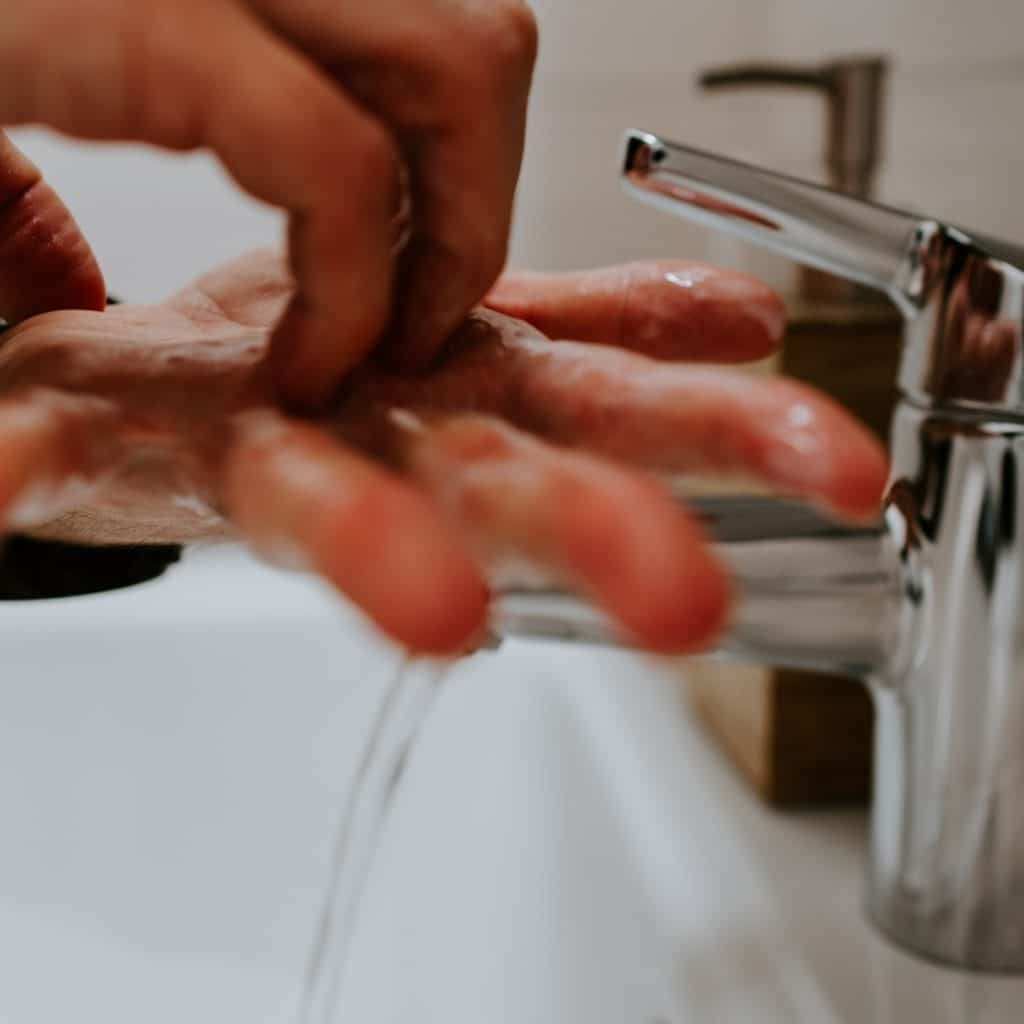Medicare, individual and Group. Let’s Talk! 800 324-1004
News by Sara Health Estimates
One of the few things we know about the COVID-19 is that the chances of fighting it is higher if you have a strong immune system. Most death cases recorded are from older people and from those with weakened immune systems.
What is the immune system?
The immune system is a vast system of cells and tissues consistently on the outlook for attacks by bacteria, viruses and parasites. They are basically the soldiers of our body. They are spread throughout the body and involve many types of cells, organs, proteins and tissues. The immune system is essential for our survival.
Even though soldiers are willing to die for their country, we don’t just send them out without ammunition, gears, backup and trainings. The same way we don’t just leave the cell-soldiers of our body to themselves. We provide them with the ammunition they need to fight better for us. What are these?
1. Good nutrition
All foods are good, but some foods or food combination are packed with nutrients and phytochemicals that the body really needs and uses.
Our body needs different nutrients in varying degrees. Foods high in vitamin, minerals and water boost the immune system to fight off invaders. In the fight against COVID-19, most people who recovered and shared their experiences mentioned taking vitamin C a lot and being properly hydrated.
Acccording to a 2018 study published in the journal Nutrients “Various micronutrients are essential for immunocompetence, particularly vitamins A, C, D, E, B2, B6, and B12, folic acid, iron, selenium, and zinc,” the study states. “Micronutrient deficiencies are a recognized global public health issue, and poor nutritional status predisposes to certain infections.”
2. Good personal hygiene
In the 1800s, a doctor, Ignas Semmelweis noticed that women in the maternity ward of the General Hospital in Vienna kept dying of a sweating, miserable illness called ‘childbed fever’. After research, he ordered his medical staff to start washing their hands with not just soap, but with a chlorine solution. It was surprising how much difference it made when they washed their hands as the death rate decreased.
One of the single most effective approach of preventing and combating the spread of diseases and infections is by maintaining a good personal hygiene. This starts by washing your hands. Your hands come in contact with many things and with many people who might be infected. These same hands also touch your face, nose, mouth and other parts of the body regularly. Whether there is an epidemic or not, it is important you make washing your hands a regular practice.
Good personal hygiene also involves bathing daily as this cleanses the entire body of germs and bacteria. Brush your teeth at least once a day. Mouth care is very important.
Good personal hygiene keeps your body from being overwhelmed by the on-slot of germs.
3. Exercise
Exercise is good for the body. It helps the heart and keeps bones healthy and strong. Most people know this. But do you know that exercise can also help to boost your immune system?
Exercise causes changes in the antibodies and white blood cells. These white blood cells help us fight illness and diseases. Physical activities may help flush bacteria out of the lungs and airways.
Stress has a significant effect on the immune system. It can affect the way the body functions over time and increases health risks. Exercise has been proven to slow down the release of stress hormones and help you perform better.
Now, it doesn’t mean that you won’t fall sick because your immune system is strong, but it helps you get back on your feet faster. Your body is a better place to fight infections and diseases.
We at Health Estimates Chicago care about your health. Be safe out there!.






